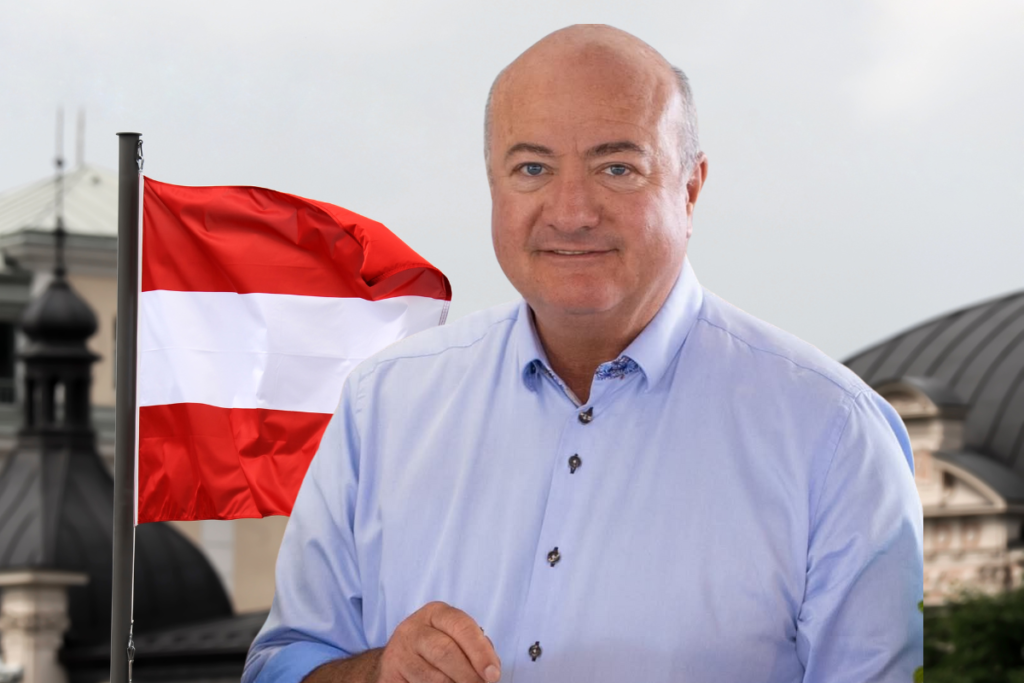The UK government has taken a firm stance on its recent decision to slash overseas aid budgets by £5 billion, declaring that these cuts cannot be challenged in court. According to government lawyers, the reductions fall within the legal powers granted to ministers, effectively closing the door on potential legal battles over the controversial move.
The cuts, announced last year, sparked widespread criticism both at home and abroad. Many aid organizations warned that such deep reductions would severely impact vital humanitarian projects, from famine relief to education and healthcare in some of the world’s poorest countries. Critics argued that the government was breaking promises to maintain the UK’s longstanding commitment to aid spending, which has been seen as a global moral responsibility.
However, government legal advisers have stated that the decision to reduce aid funding is firmly within the scope of ministerial discretion, meaning courts do not have the authority to overturn it. This position comes as a response to mounting pressure from campaigners and charities who had hoped to use the courts to restore funding or at least hold ministers accountable for the cuts.
This legal view has left many campaigners disappointed and concerned. They argue that the cuts are not just financial decisions but have serious ethical and human rights implications. The withdrawal of billions in aid risks undermining decades of progress in areas such as poverty reduction, disease control, and support for refugees. Aid groups continue to call for a reconsideration, emphasizing the UK’s role as a global leader in humanitarian support.
On the government side, officials maintain that the decision was necessary to address budget constraints and shifting national priorities. They highlight ongoing commitments to key aid projects, arguing that the remaining funds will be used more efficiently to maximize impact.
As the debate continues, the legal ruling underscores the limited options available to those seeking to challenge government spending decisions through the courts. While this chapter closes, the broader conversation about the UK’s place in international aid and the ethical responsibilities that come with it is far from over.
The government’s stance signals a clear message: the aid cuts are here to stay, at least for now.



